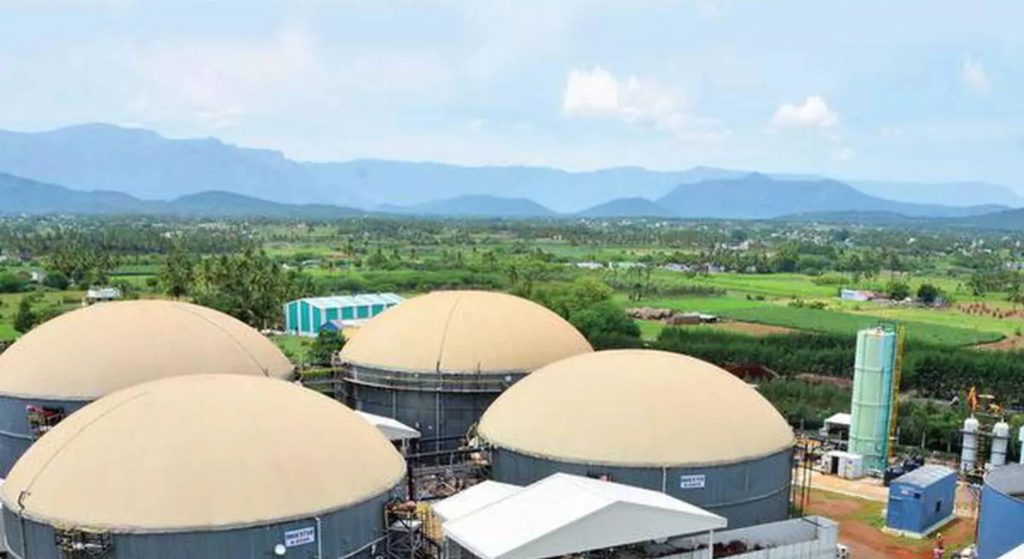The Indian Biogas Association, or the IBA, has urged the finance ministry to include a general corporate tax holiday for CBG production in the upcoming general budget.
The aim is to encourage investment in the compressed biogas (CBG) industry and advance this renewable energy source.
This will serve as an incentive for companies who are willing to invest in and scale up CBG production, helping to generate cleaner energy, the IBA wrote in a letter to Finance Minister Nirmala Sitharaman.
The finance minister is scheduled to deliver the budget on February 1.
“It is proposed that the government create blanket corporate tax holidays for CBG production. In particular, a complete tax waiver should be introduced for CBG producers, which provides tax relief in the initial years of operation,” the industry body said.
IBA also suggested creating a framework that would enable promoters of biogas plants to sell carbon credits on both domestic and international markets in order to support the expansion of biogas and compressed biogas (CBG) producers.
According to IBA, this would help the Indian government reach its climate change goals while also giving the producers access to new sources of income.
It said that laws pertaining to renewable energy and the tokenization and trading of green certificates be expedited to maximize the profitability of clean energy projects.
It said that the central government look into imposing cap and trade policies for carbon-intensive companies (purchasing green certificates if the allotted GHG quota is exceeded) or partially subsidizing the proposed carbon premium price.
To guarantee that the export potential of these business aspects can be fully utilized, the certification and trading procedures should also be practically straightforward, IBA said.
In order to cover the transportation of feedstock, such as crop residues like paddy straw, from the farms and local aggregators to the biogas plants, the government should judiciously implement measures in the form of grants.
It must be noted that the total CBG sales in FY2024–25 were approximately Rs 1,200 crore, with about 100 operational commercial CBG plants in India operating at full capacity.
The industry body said that the government would lose an estimated Rs 100 crore in tax revenue if all taxes were waived. Although this is a temporary setback, it will ultimately contribute to the growth of the renewable energy sector.
It suggested that this action will help India achieve its goals for renewable energy, attract private investment, and create new jobs.
According to the industry group, the tax breaks in this instance will also allow CBG producers to sell their goods at competitive prices, which will encourage more people to use CBG in India’s energy mix.
IBA proposed encouraging the use of crop wastes and agricultural residues like paddy straw in the production of biogas instead of burning them to reduce pollution.
It said that this policy change will significantly aid India’s transition to a greener energy perspective.
The association said that the nation should be able to scale up and implement this program gradually, pointing out that Haryana provides farmers who choose not to burn paddy to reduce air pollution with Rs 1,000 per acre.
The phased-style approach should be introduced first in states with high agricultural residue, like Punjab, Haryana, Uttar Pradesh, and Bihar, and then spread to other regions of the nation.
According to the IBA, these policies will reduce the careless burning of residues and promote the collection and transportation of agricultural waste to biogas facilities, which will contribute to the growth of clean energy.













